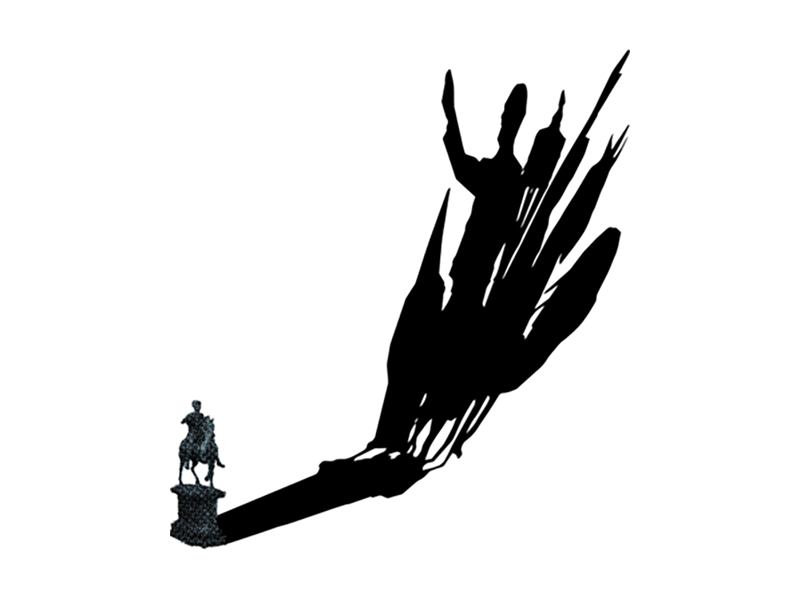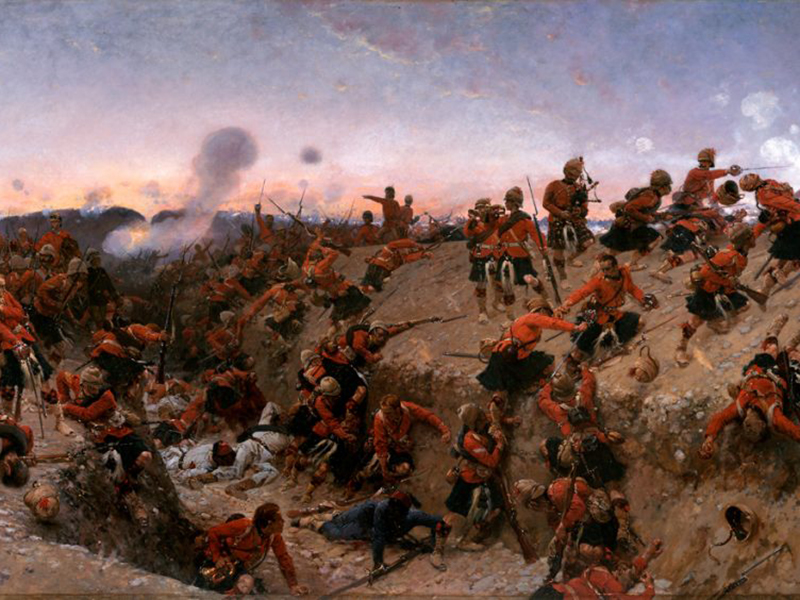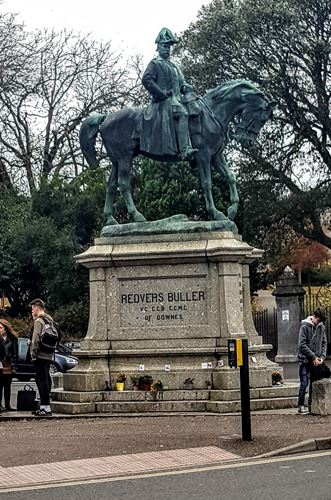
Roman-style statues are frequently at the forefront of toppling campaigns and contemporary conversations about the role of monuments in upholding or glorifying colonial, Confederate, or capitalist values and ideology. However, the actual style of these statues, and their relationship to other monuments and architecture in their built environment, is rarely cited as a reason for removal. Yet the choice to render colonial statues in a Roman style speaks to the values and ideologies those statues are meant to represent, and reflects a broader tradition of using Classically-inspired or Roman-style architecture and monuments to demonstrate where power lies, and with whom.

